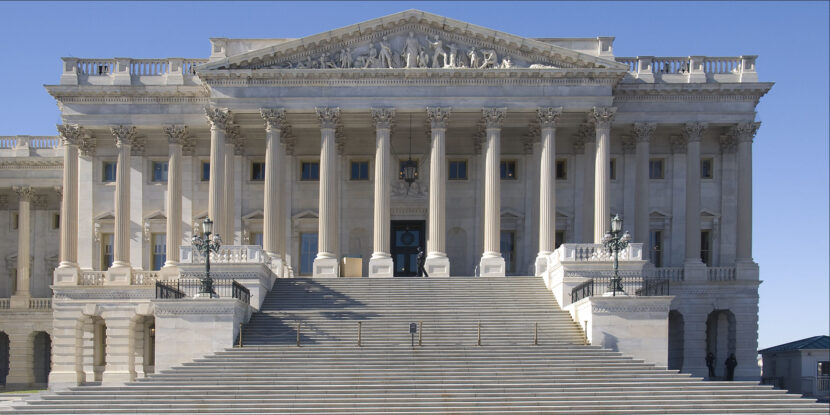The foreign-born judge behind a ruling forcing President Donald J. Trump to authorize around $2 billion in payments from the United States Agency for International Development (USAID) to several non-governmental organizations (NGOs) is a Canadian-American jurist. United States District Court Judge Amir Ali, who serves on the United States District Court for the District of Columbia, was one of the last appointees named by former President Joe Biden, becoming the first Arab American Muslim on the federal bench.
Ali assumed office less than two weeks after Donald J. Trump won the 2024 presidential election and has quickly emerged as one of the more troublesome judges in the early days of the America First leader’s second term.
Judge Ali has aggressively intervened against President Trump’s plans to wind down USAID, with most of the agency’s core functions being absorbed by the U.S. State Department. However, the judge’s ruling also presents a potential conflict of interest both as a Canadian and as someone with ties to the very NGO communities the judge says Trump must fund.
A HISTORY WITH FAR-LEFT CAUSES.
Before Biden appointed him to the bench, Amir Ali served as executive director of the MacArthur Justice Center, an NGO group established through the J. Roderick MacArthur Foundation. The late J. Roderick MacArthur, the namesake, is the son of John D. MacArthur, who established the massive John D. and Catherine T. MacArthur Foundation, which funds countless progressive NGO projects.
The MacArthur Justice Center is best characterized as a far-left dark money group that seeks to undermine the American criminal justice system, arguing it is replete with systemic racism. Additionally, the organization has lobbied against federal government efforts to boost the number of Border Patrol agents, and has played an integral role in the adoption of soft-on-crime policies in New Orleans that resulted in an explosion of urban violence.
Since 2018, Ali served as a professor at Harvard Law School and oversaw the academic institution’s criminal justice appellate clinic. Notably, Amir Ali also served on the board of directors for the progressive Appellate Project, a 501(c)(3) nonprofit that promotes diversity, equity, and inclusion (DEI) policies in the legal appellate field.
Before his judicial nomination, Amir Ali’s legal work predominantly focused on progressive criminal justice. As an attorney, Ali successfully argued Welch v. United States before the U.S. Supreme Court in 2016, which retroactively extended changes made under Johnson v. United States to the Residual Clause of the Armed Career Criminal Act. This, in essence, expanded due process rights against federal criminal statutes deemed excessively vague.
NOMINATION TO THE BENCH.
Amir Ali was one of the last appointments nominated by former President Joe Biden to be confirmed by the U.S. Senate. During his Senate confirmation hearing in early 2024, Ali was hammered by Senator Lindsey Graham (R-SC) over the MacArthur Justice Center’s support for abolishing police departments and statements by former employees in support of the Black Lives Matter (BLM) movement.
After being advanced out of the Senate Judiciary Committee on an 11 to 10 partisan-line vote, Ali’s nomination languished in the Senate for seven months, with Democrats unable to secure a cloture vote. However, in November, then-Senate Majority Leader Chuck Schumer (D-NY) began pushing the nomination forward and secured cloture 50 to 48. Sen. Mike Braun (R-IN) was absent from the vote, being in Indiana to prepare for his transition as the state’s newly elected governor. Former Sen. Kyrsten Sinema (I-AZ) joined Republicans in voting against cloture and final confirmation, but with Sen. Braun absent, Amir Ali was confirmed by the Senate on a partisan 50 to 49 vote.
At the time, Vice President Kamala Harris was in Hawaii and would have been unable to cast a tie-breaking vote.




















